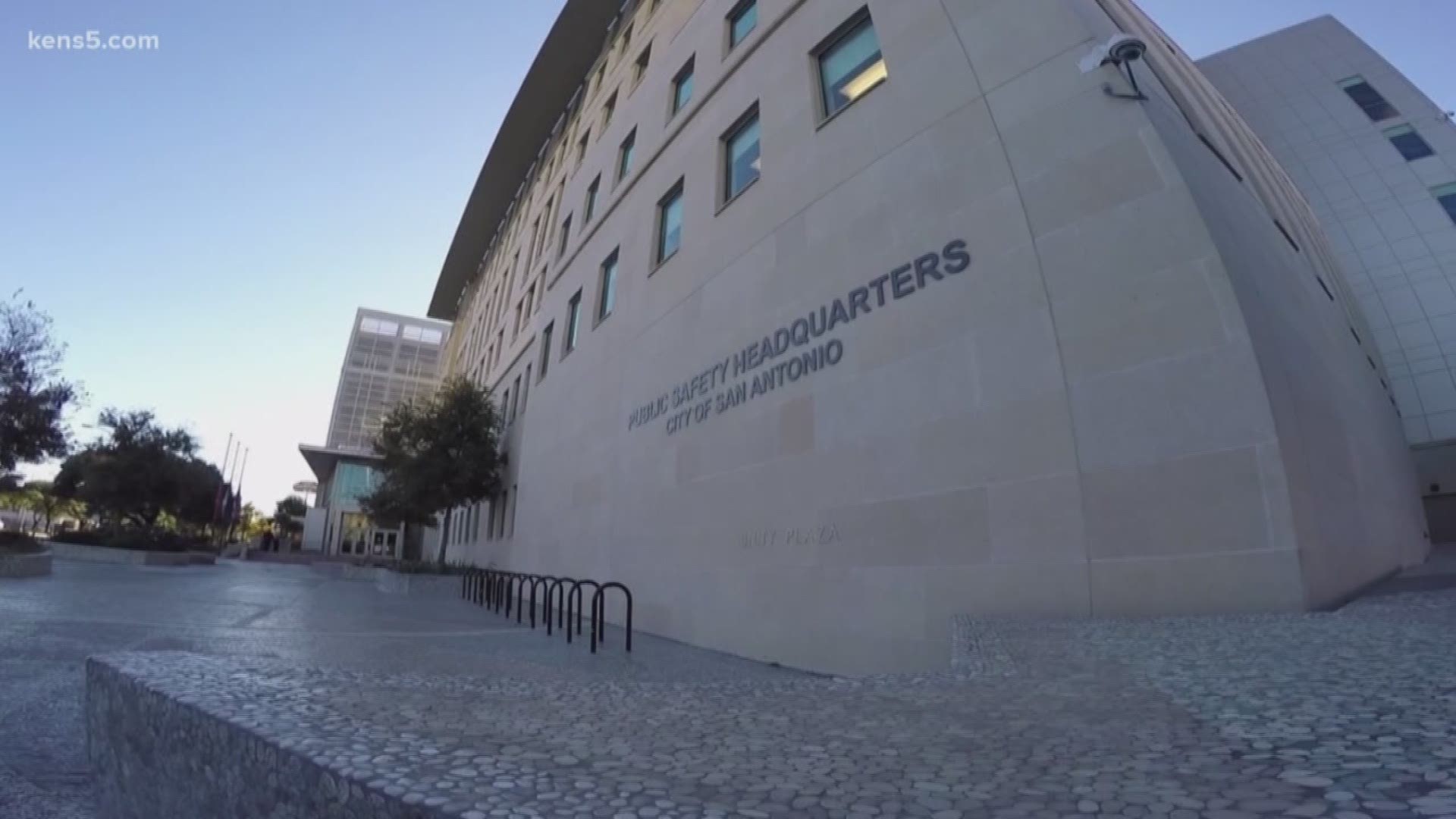SAN ANTONIO — A documentary by filmmaker Jenifer McShane premiered at SXSW featuring the San Antonio Police Department’s Mental Health Unit. The two-year project used Officers Ernest Stevens and Joseph Smarro to carry the story.
“I knew I wanted to tell this story about the intersection of mental health and law enforcement because I think it’s impacting everyone across the country,” McShane said. The filmmaker said she was blessed to end up with Ernie and Joe as characters.
“San Antonio is doing really well in terms of how their mental health unit is operating,” she said. “San Antonio has a particularly good track record of collaborating with others in the mental health community.”
The SAPD Mental Health Unit was formed in 2008. Stevens is one of two officers who started the unit. He is a 24-year-veteran of SAPD who has worked on patrol, DWI and the Tactical Response Unit. “The mental health unit responds into the community for calls involving mental health crisis,” he said.
According to the officer, the crisis depends on the individual. Generally, they confront depression, PTSD, bipolarity and schizophrenia. They are called to the scene by officers, neighbors, family members and people who help those with mental health issues.
“Everybody goes through issues and problems in their life,” Stevens said. “And sometimes their inability to cope with that situation can create a crisis.”
Joseph Smarro said the unit has saved lives. He recalled many crisis intervention situations in his nine and a half years with the mental health unit. “People we have talked off bridges. People we’ve talked weapons out their hands,” he said.
Ernie and Joe’s skills in crisis intervention training are on display in the documentary. Joe even reveals his own struggle.
“I was actually diagnosed with PTSD through the V.A. And, I took that as, 'I can actually relate to these people that I’m helping out,'” he said.
While he took pride in turning the problematic into possibility, others questioned the chink in his armor.
“I had officers come to me. I heard Joe has PTSD,” Stevens said. “I heard he has struggled with suicidal ideations in the past. Do you feel safe?”
The 47-year-old said he was taken aback about the comment because he and Smarro share a personal and professional bond. “Not only is he one of my best friends. But he’s one of the best officers I’ve ever worked with,” he said.
Part of what the unit does is train law enforcement for crisis intervention to help others. The unit is also available to help officers cope with the demands of policing and personal life. A part of their story the documentary did not capture.
“A big part of what we do as a unit is internal work. We help a lot of officers,” Smarro said.
That help is needed as the number of officer suicides continue to climb nationally. In fact, Smarro said suicide has a greater probability than death in the line of duty. He said the ratio is three to one. A report from the Ruderman Family Foundation shows an officer's highest risk of death in Texas is suicide. “The most dangerous part of this profession is ourselves killing ourselves,” Smarro said.
According to Stevens, part of their training with officers is talking about the reality of officer suicide. “We had three officer suicides in an 18-month span,” he said. “And we tell officers, 'it’s okay not to be okay. It’s just not okay to stay that way.'”
The SAPD Media Office did not have internal statistics on officer suicide available for this article nor was it aware if the department tracks the self-inflicted deaths.
“It’s difficult just driving in this building, because one of those suicides happened in the police garage from an officer that hung himself,” Stevens said. “So we take this very serious and very personal.”
Smarro realizes his PTSD could have made him a part of the grim statistic. The 37-year-old also endured divorce and losing children in those proceedings. He learned positive coping skills, how to be himself without apology and realized he was not his job title.
The officers said most police feel the need to be unrealistically strong because of their oath to serve and protect. Smarro said the stereotype is an idea to heavy to stand under.
“We can’t see it as us being mentally weak because you’re struggling,” he said. “It makes you human because you are struggling.”

